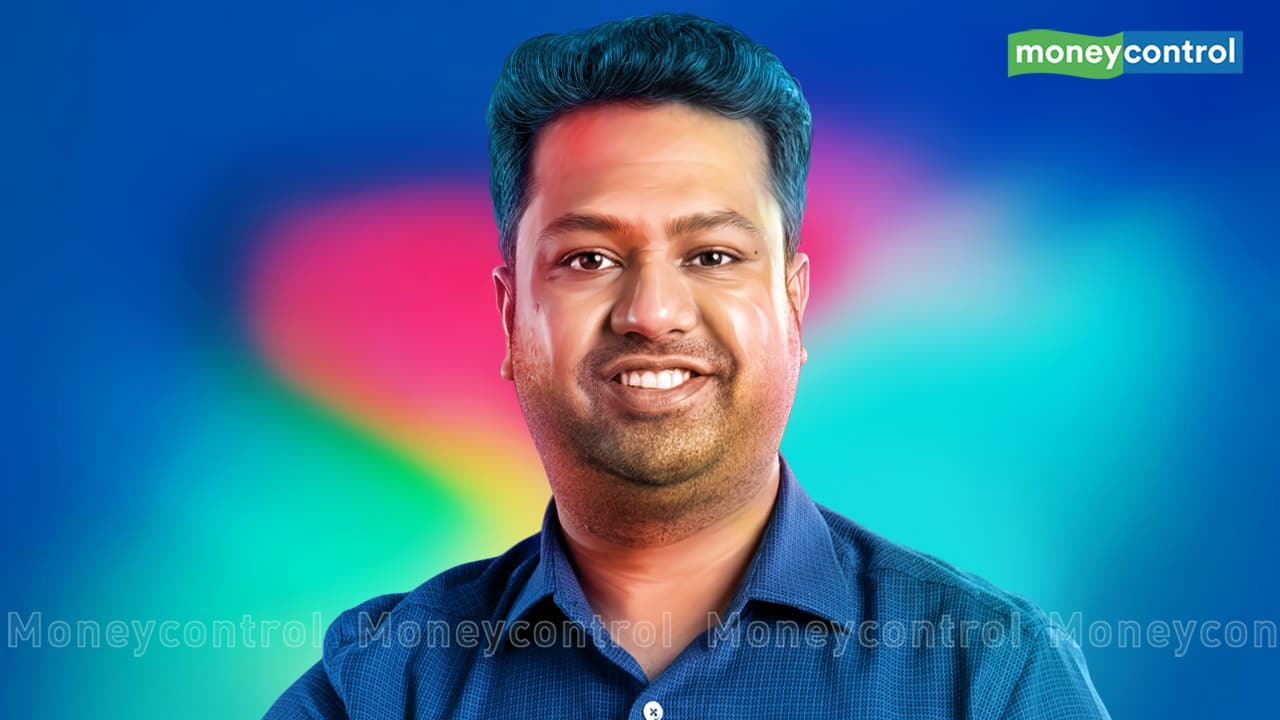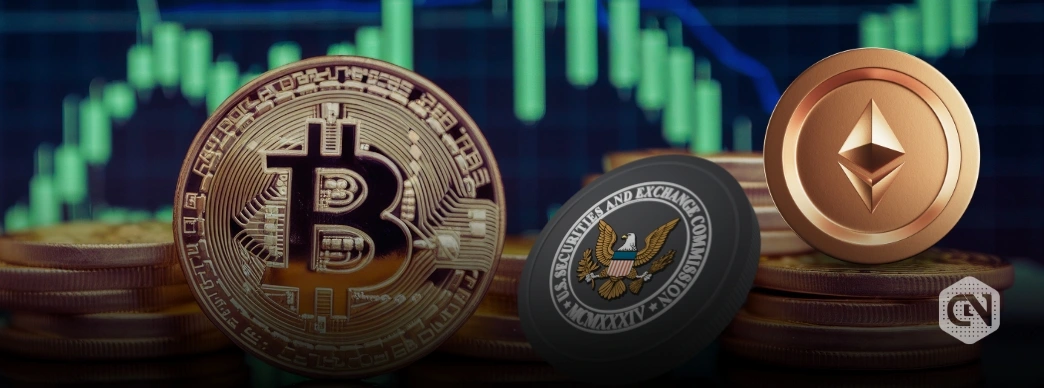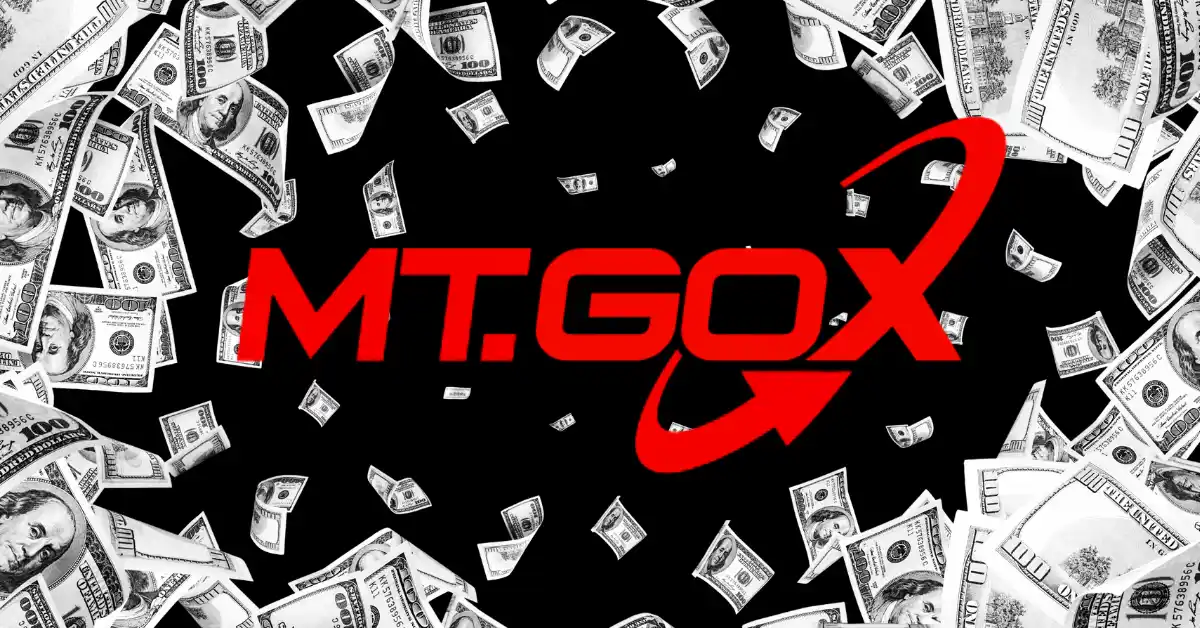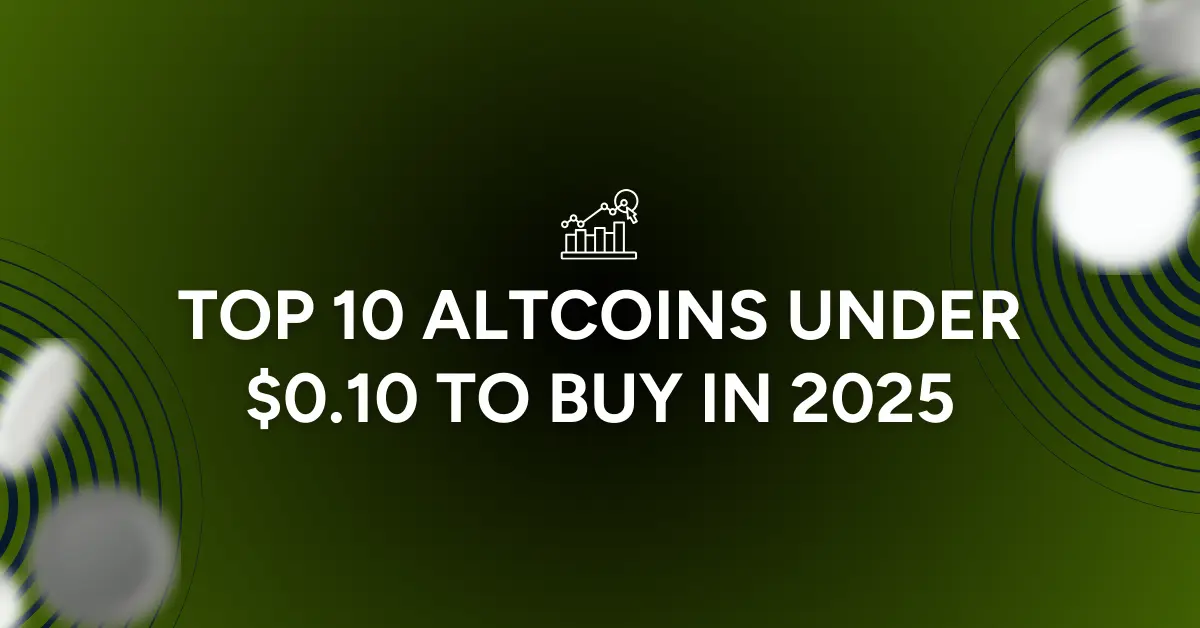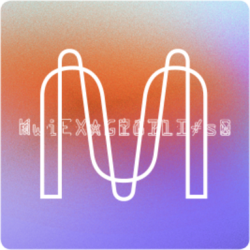Ashish Singhal, the CEO and co-founder of CoinSwitch, a crypto investment platform backed by Coinbase, expressed doubt about a crypto regulatory framework being set up in India within the next six months.
“In my personal opinion, in the six-month period, to get a framework out is hard, but you will see definitive actions happening, like you saw in the last three months,” Singhal told Moneycontrol.
According to Singhal, the conversation with the government has shifted from implementing a possible ban on crypto to it being at least partially regulated.
India has not recognised cryptocurrencies as legal. The Reserve Bank of India has recommended a ban on cryptocurrencies many times. The Finance Ministry, in the Economic Survey 2022-23, said the geographically pervasive nature of the crypto ecosystem necessitates a common approach to the regulation of these volatile instruments.
Getting recognition
“Parts of the crypto ecosystem have started to come under regulation already, including requiring compliance checks like KYC. There are advertising guidelines, TDS rule updates that came out during the budget, and now it’s also under the Prevention of Money Laundering Act, 2002, (PMLA). In our opinion, slowly and steadily, crypto is getting recognised. And with these rules getting into the industry, bad actors will be deterred,” he said.
Singhal cited the government’s ongoing deliberations on addressing challenges and fostering global collaboration on crypto assets during its G20 presidency. CoinSwitch has actively engaged with government bodies as one of the key representatives to set up crypto rules and for the G20 meetings.
“We are working very closely with the Financial Intelligence Unit-India to set up the rules that Indian exchanges and crypto asset providers have to follow in India. So you will see similar changes happening in India in the next six months. You won’t see a perfect regulation, but you will see a path towards regulation,” Singhal said.
CoinSwitch is one of two crypto unicorns that came out of India during the sector’s previous bull run. Singhal and other key founders have participated in discussions with the government over crypto regulations. Prior to becoming a member of the new Bharat Web3 Association (BWA), Singhal was co-chair of the now-defunct Blockchain and Crypto Assets Council.
Regulating crypto and virtual digital assets (VDAs) was picked as one of the key agenda items by the government for India’s year-long G20 presidency, which ends in November.
“Obviously, once India’s G20 presidency is over, we’ll get to know the real outcomes of it. But so far, the meetings have been positive about global regulations. You will never hear the word ban, which we used to hear a lot in 2021, and it is more about collaboration and creating those guidelines for India. So I personally feel that this is a good time to build crypto in India,” Singhal said.
When the Financial Action Task Force (FATF), the global watchdog, recognised crypto as one of the key areas for regulation in every country, India quickly moved to bring crypto under PMLA. These changes took place over the past three months.
Key challenges
The biggest concern for regulators and governments is how to crack down on modes of terror financing and nefarious activities through crypto transactions.
“Crypto is a new peer-to-peer asset class. Now, anyone can transfer any amount of money without notifying a third party, which they are ideally required to report, according to the laws of the land…With no third party involved, tracking this and ensuring that the current rules are followed is harder,” Singhal said.
Given that countries are looking at global-scale collaboration to regulate the crypto sector and track illegal activities through VDAs, Singhal said finalising the rules within this year will be unlikely because regulators will be dealing with very nuanced aspects.
Meanwhile, the government is evaluating the regulatory framework in the works under the Financial Stability Board (FSB), the G20 watchdog.
The International Organization of Securities Commissions (IOSCO), an association of global market regulators, also released a set of draft rules on crypto.
FSB, IOSCO guidelines
The draft IOSCO guidelines cover areas including conflicts of interest, market manipulation, cross-border regulatory cooperation, custody of crypto assets, operational risks, and treatment of retail customers.
FSB’s report was more focused on creating guardrails and safeguards to avoid another FTX-like collapse and other crypto casualty cases.
Singhal said the emergence of such guidelines means that the people and governments have started to realise that this sector is important.
“VDAs can’t be regulated with a single brush stroke. It has multiple nuances like stablecoins, utility tokens, security tokens, and every one of those things. Even NFTs (non-fungible tokens) should have a different framework to allow growth, yet making sure that they adhere to the rules of the land,” Singhal said, referring to the FSB and IOSCO rules.
“So all of these regulations that you see are focused towards how crypto or Web3.0 or the crypto ecosystem is so diverse and how each sector within the crypto ecosystem should be regulated – what should be highly regulated and what should be light-touch regulation to allow for innovation,” he said.
In an attempt to maintain transparency, CoinSwitch also released the second edition of its proof of reserves (PoR) on July 27. According to the PoR report, the platform held around Rs 1,944.8 crore in total crypto and fiat holdings as of March 31, as compared to Rs 1,431 crore in its total user holdings.
Credit: Source link



